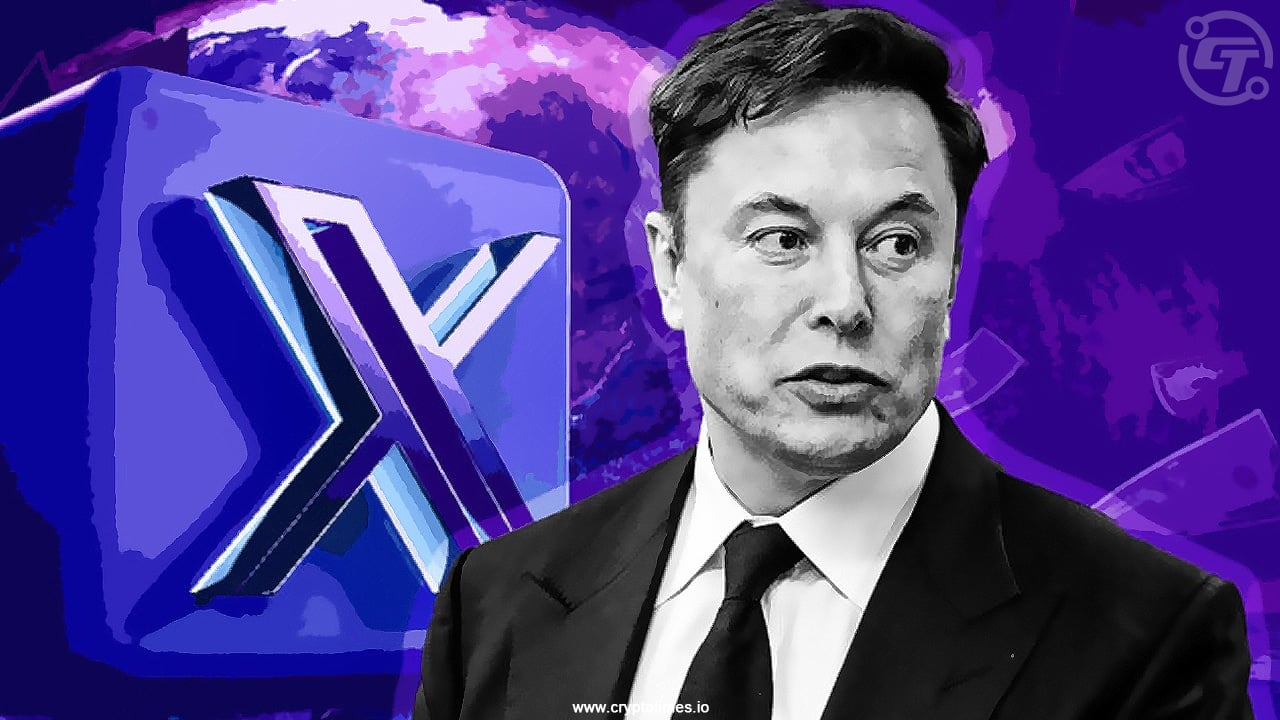|
Getting your Trinity Audio player ready… |
Earlier this month, the Russian central bank announced it was exploring the possibility of a three-year window in which wealthy individuals and qualified investors could invest in digital currencies.
While the bank expressed reservations about the risks, it said it was investigating the issue at President Vladimir Putin’s request. The proposed three-year experiment would allow wealthy individuals with $1.1 million in assets, top earners with incomes exceeding $750,000, and qualified investors to trade digital currencies and derivatives based on them.
The move is the latest in a series that signals Russia is cautiously embracing blockchains and digital currencies.
Russia’s growing embrace of digital currencies
In 2023, Russia’s central bank launched the digital ruble. The CBDC was promoted as a way to modernize the financial system and reduce reliance on Western-controlled banking infrastructure.
In August 2024, Putin legalized digital currency mining and permitted businesses to BTC and Tether for international trade. Just months later, Moscow announced that Russian miners could use excess energy from specific regions, effectively subsidizing the industry.
Now, in March 2025, it has proposed regulations that would allow wealthy individuals to invest in and trade digital currencies. As well as the obvious goal of increasing liquidity, the aim is to bring the industry out of the shadows and to integrate digital assets into the economy.
Recent reports also suggest that Russian entities have used BTC, ETH, and stablecoins like USDT in oil trades with partners such as China and India. Digital currencies are increasingly being used to facilitate cross-border transactions, including in sanctioned environments, much to the ire of Uncle Sam and his allies.
While President Putin said last year that a BRICS currency unit was “premature,” it seems Russia and other nations in the bloc have embraced digital currencies to smooth transactions between their national currencies, and there’s little the Western nations can do about it.
Peer-to-peer cash is reshaping the world order
Whatever one’s geopolitical stance, it’s becoming increasingly clear that digital currencies are being utilized in line with their original purpose: as tools for decentralized, peer-to-peer value transfer across borders and outside traditional banking systems.
As traditional financial rails become more politicized in a fast-changing world grappling with sanctions and shifting alliances, digital currencies offer alternatives to nations looking to work outside the old systems. Blockchains were designed to enable peer-to-peer payments while minimizing the ability of centralized actors to censor transactions based on political, moral, or economic considerations. While Satoshi Nakamoto was apolitical and was against early Bitcoiners helping WikiLeaks, it was perhaps inevitable that his invention would be used by political entities like nation-states in the long run.
Russia’s cautious embrace of digital currencies for payments may, ironically, help shift the narrative from flipping coins for a profit back to payments and global trade. It also shows how, despite the immense wealth and power of the U.S. and EU governments, they are relatively powerless to stop transactions between willing participants. Where those transactions are illegal, traditional law enforcement has to come into play, the transactions themselves cannot be stopped.
As BRICS continues to grow and become an ever-increasing percentage of global GDP, the foundations of the world order as we have known it since 1945 will continue to weaken. We are entering an era where no single entity, be it a government, a bank, or a politically aligned system, can unilaterally prevent others with different views from engaging in commerce.
That said, secondary sanctions remain a powerful tool. America and the European Union are massive markets, and they can wield that financial power to stop others from trading with hostile nations or face exile from their economies. They can also blacklist entities like Tether if they facilitate transactions that violate sanctions.
Nonetheless, a core truth is becoming apparent: peer-to-peer digital currencies, powered by distributed ledgers, are inherently resistant to centralized control. Time will tell if that is ultimately a good thing, but most proponents and users would agree that peace through trade is preferable to the alternatives.
It’s clear that Russia is embracing digital currencies as alternatives to the Western banking system. The question now is: which other nations will follow, and what happens when they do?
Watch: Converging IPv6 & Bitcoin for decentralized future
CoinGeek – Read More












